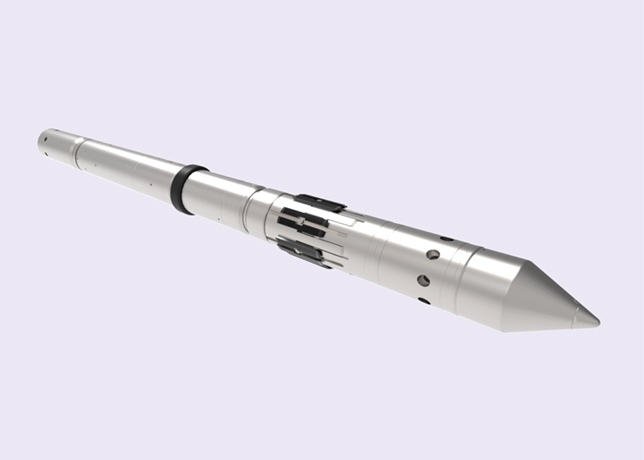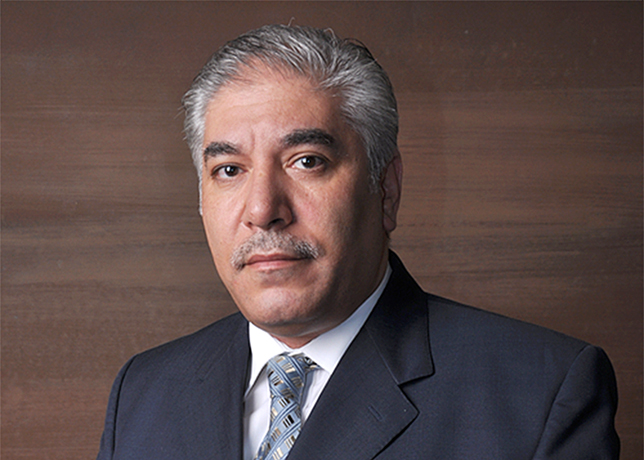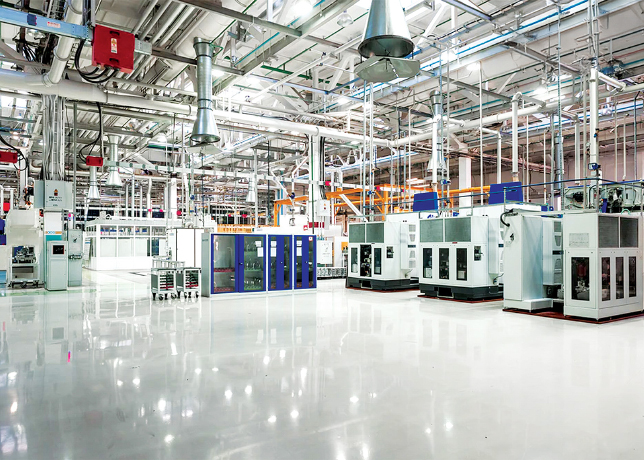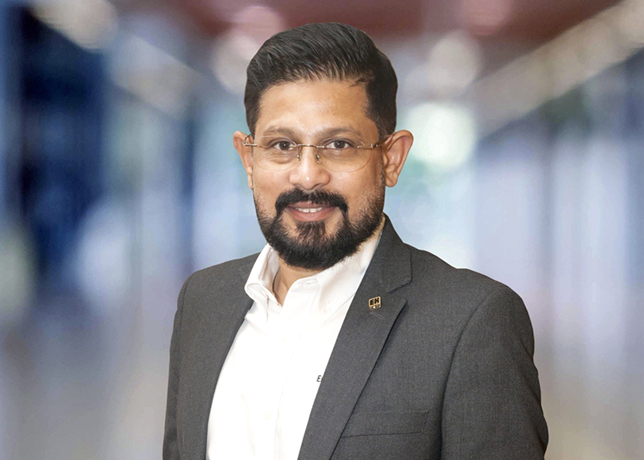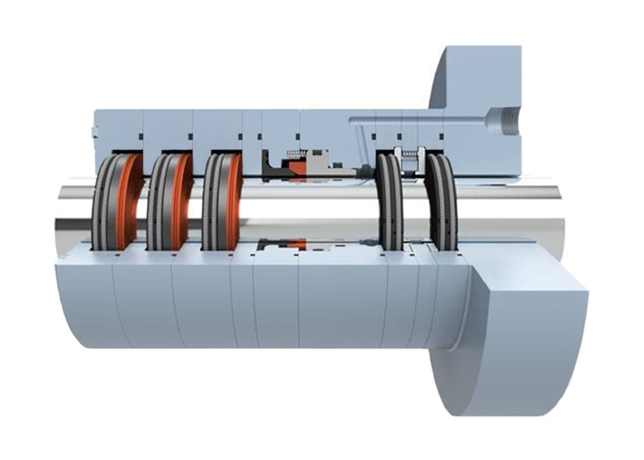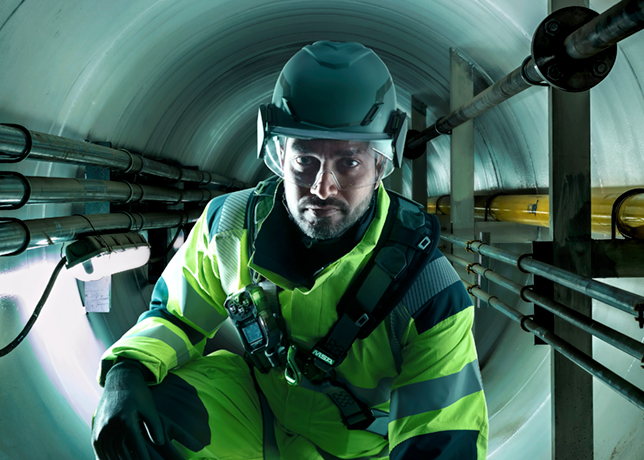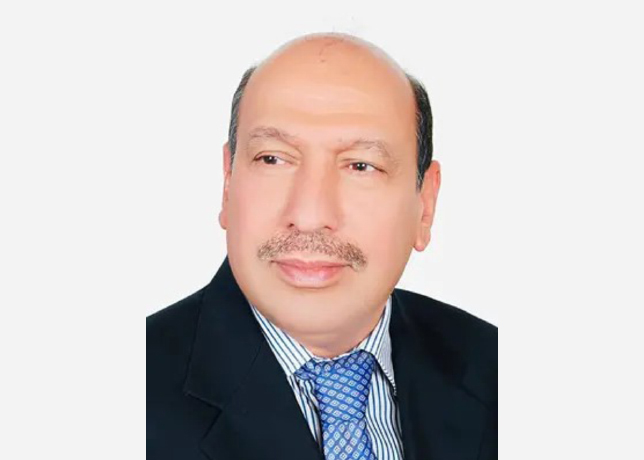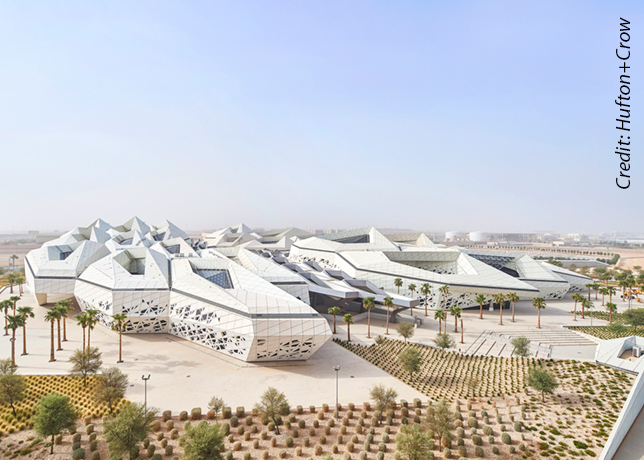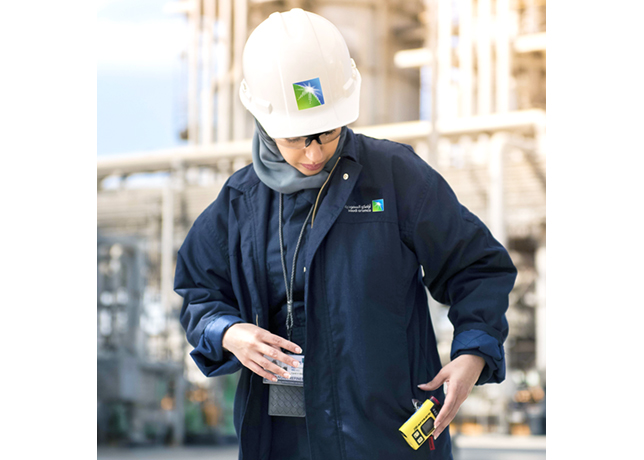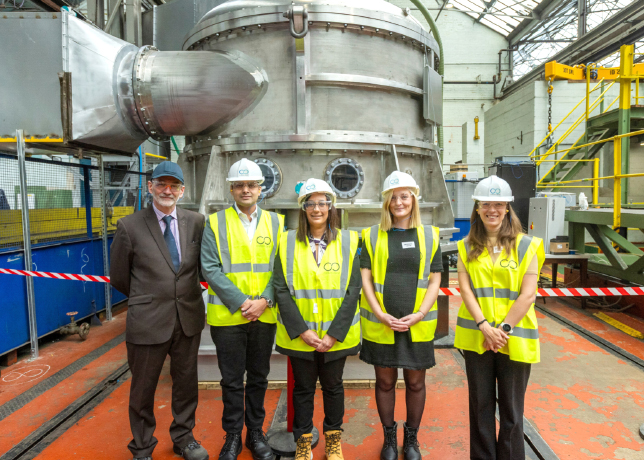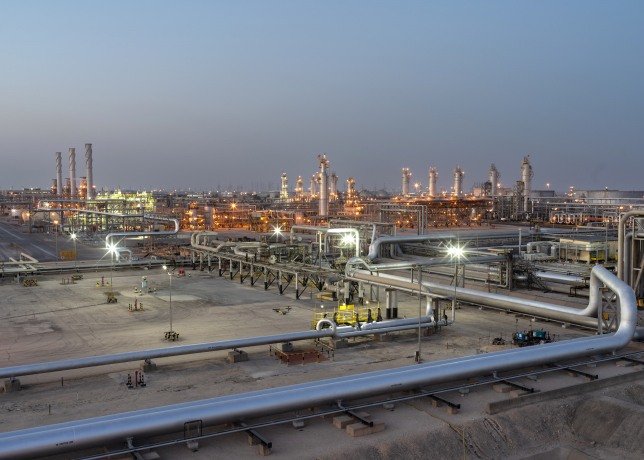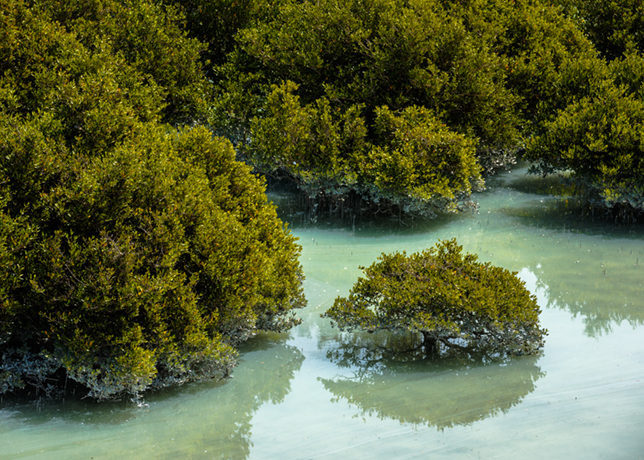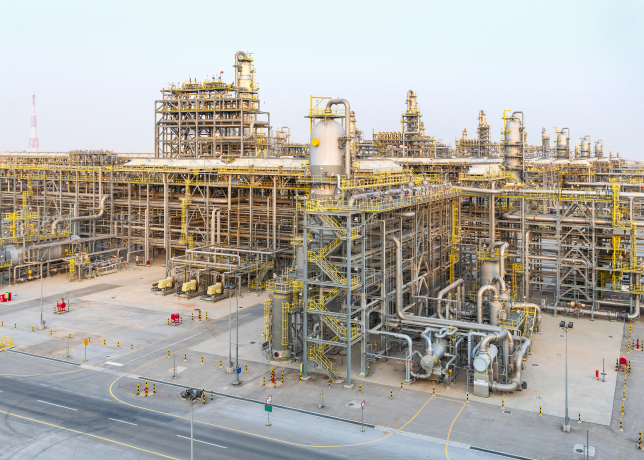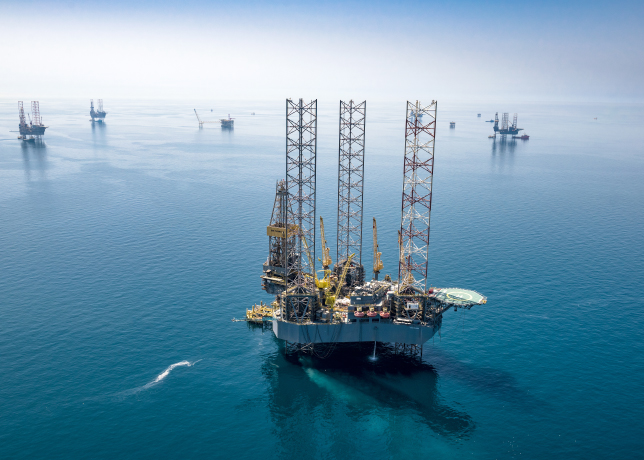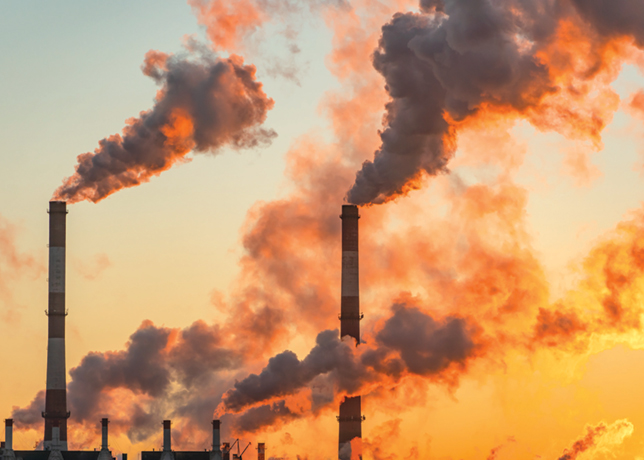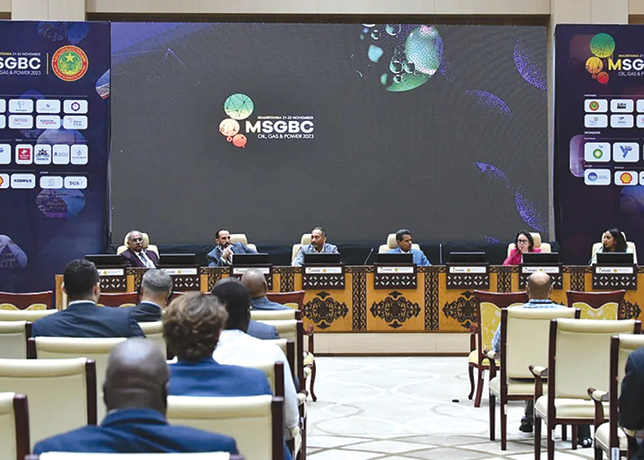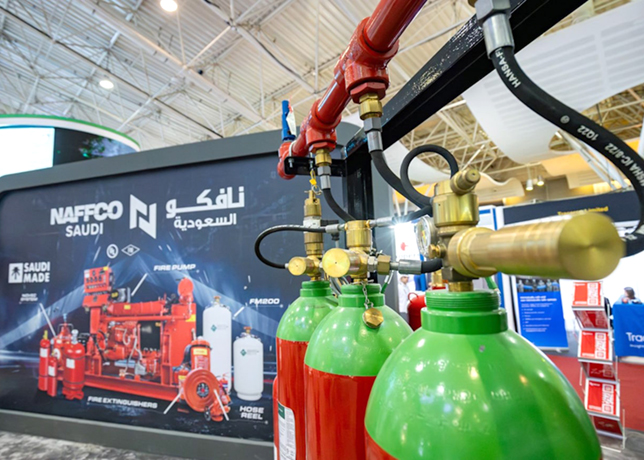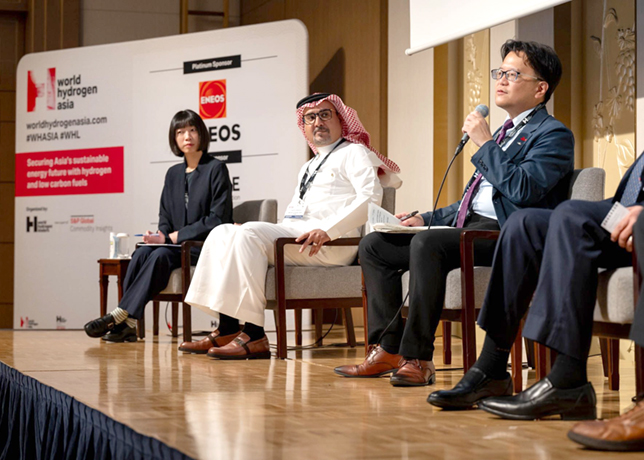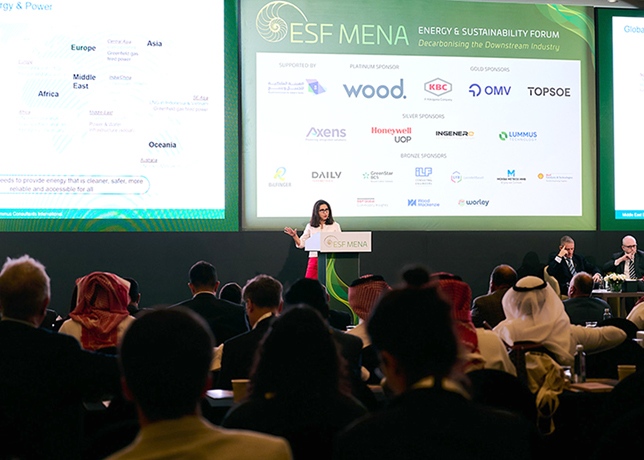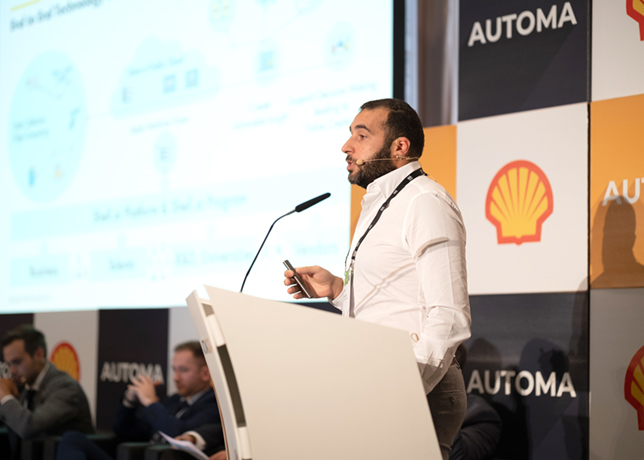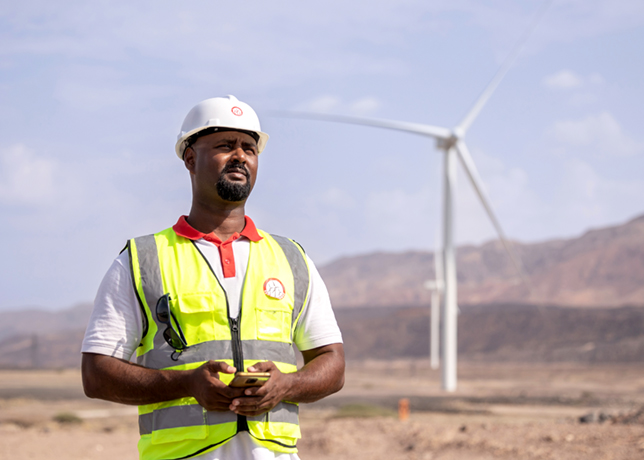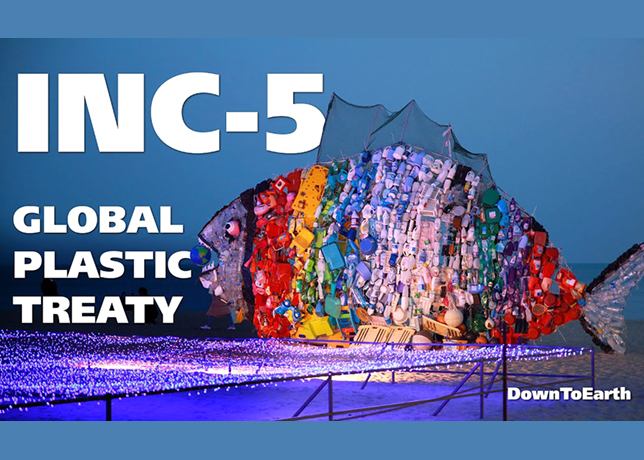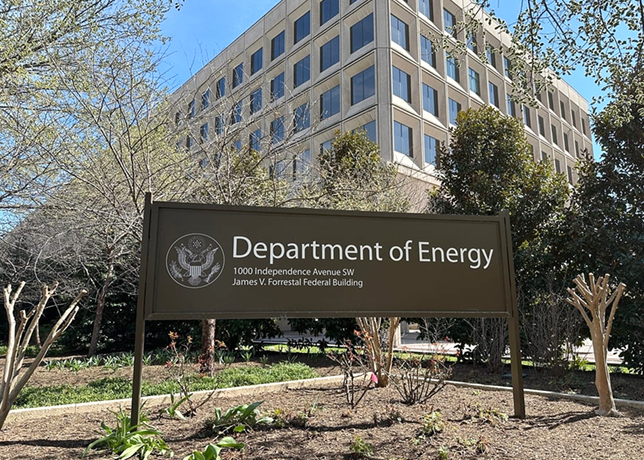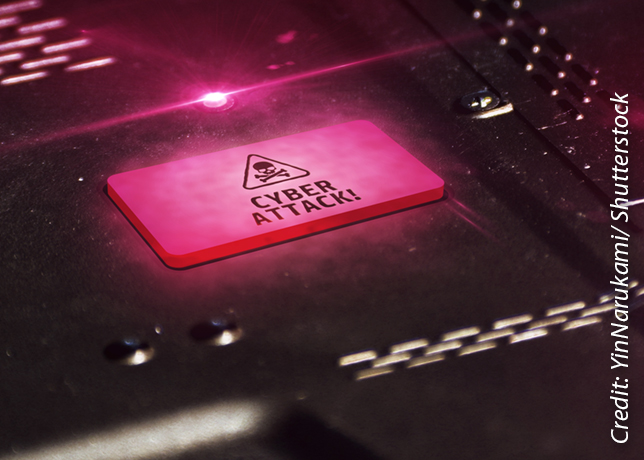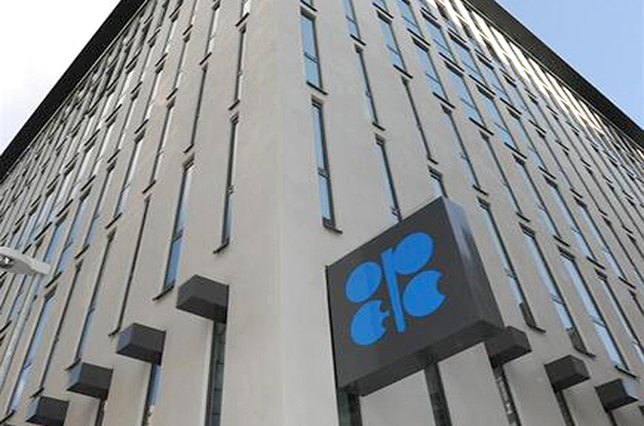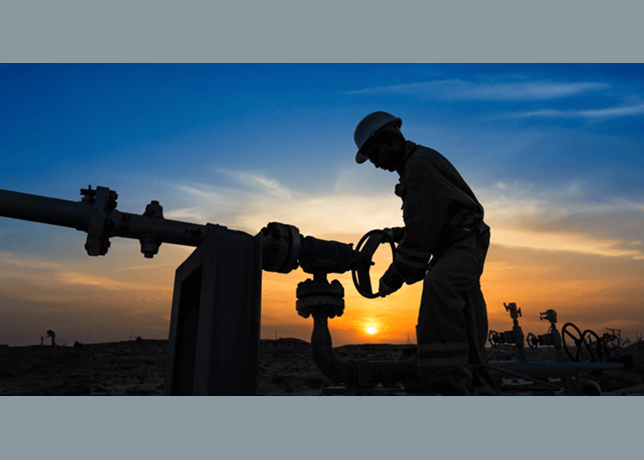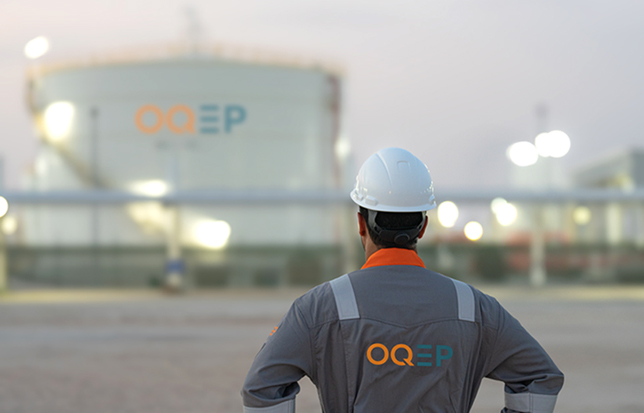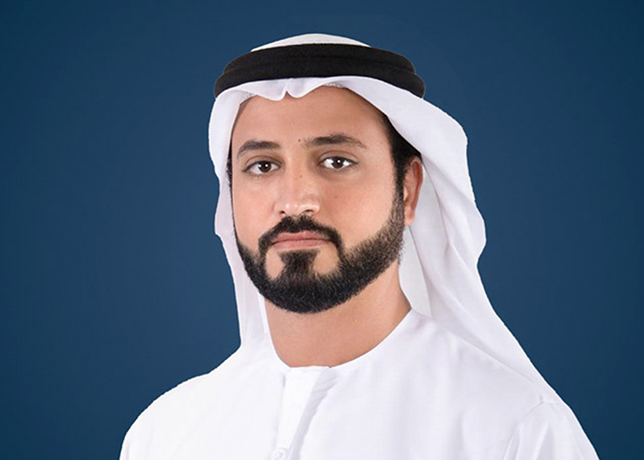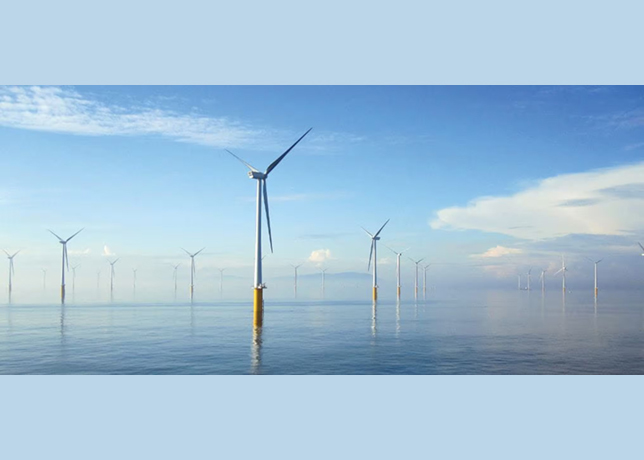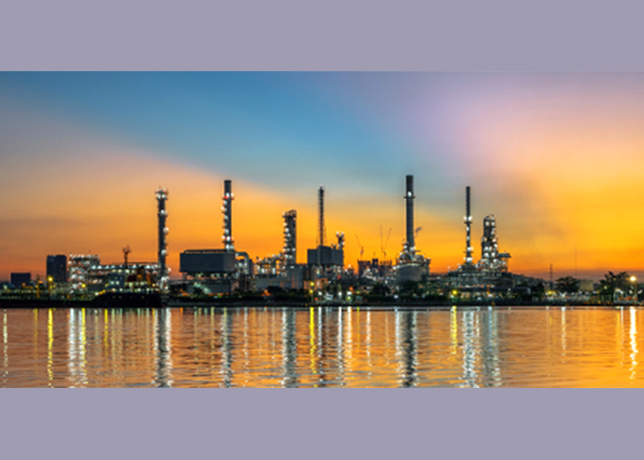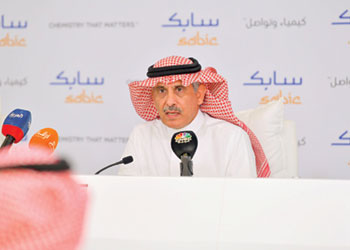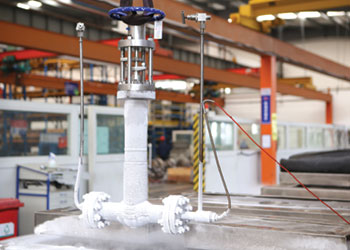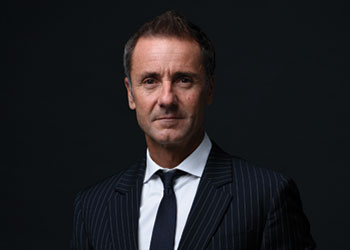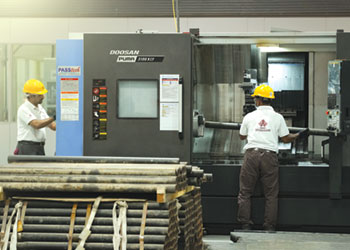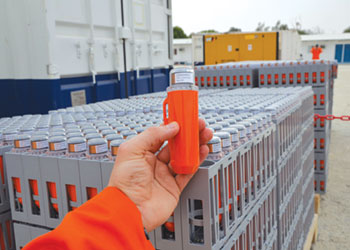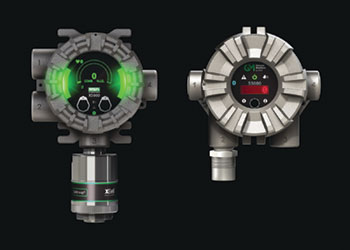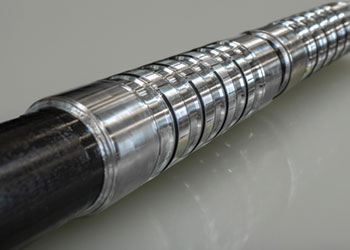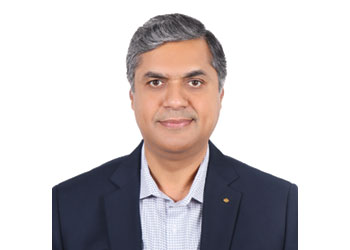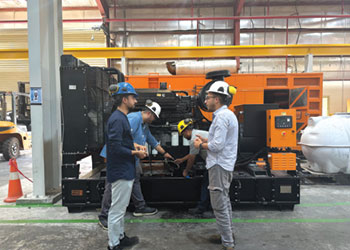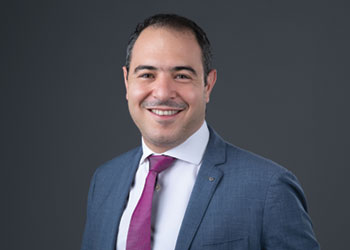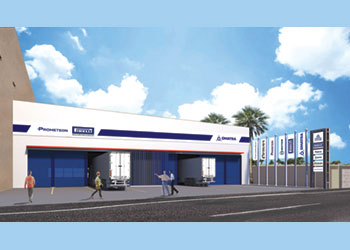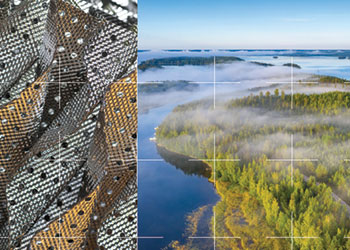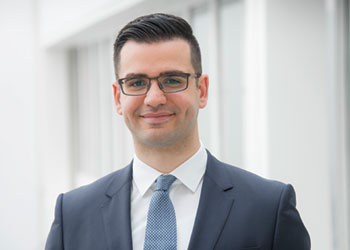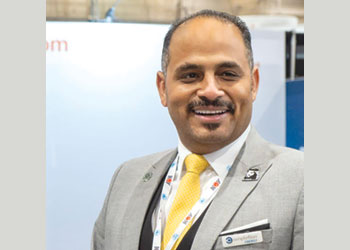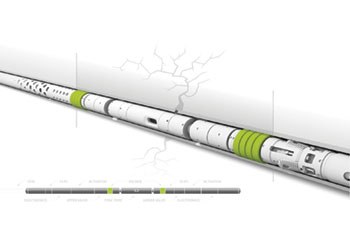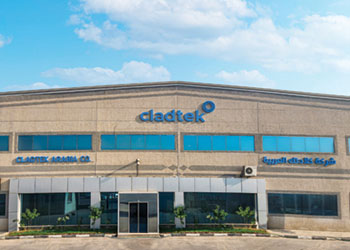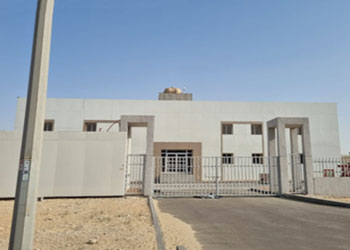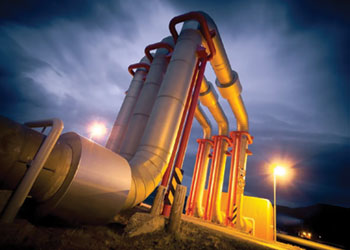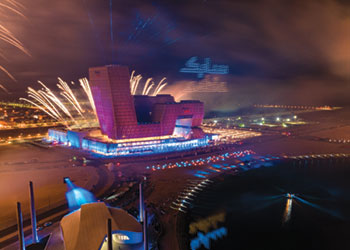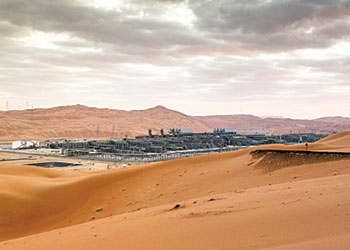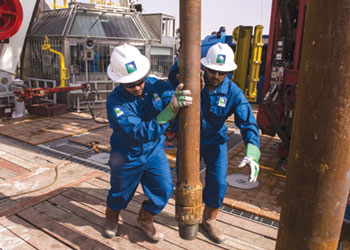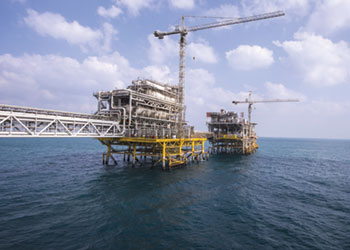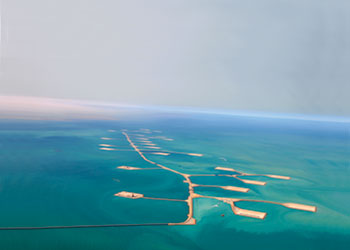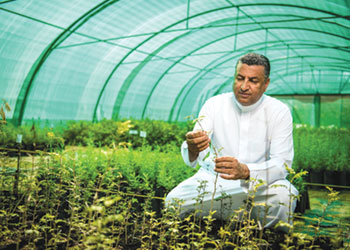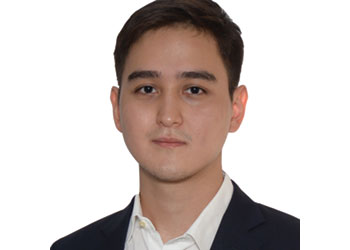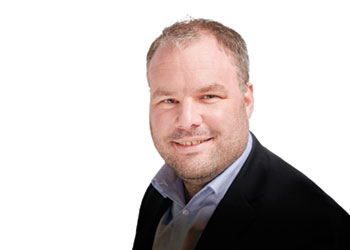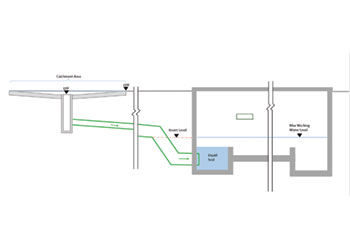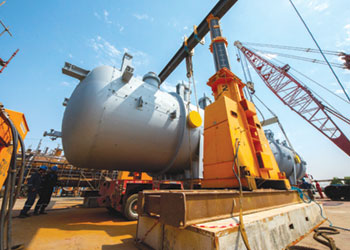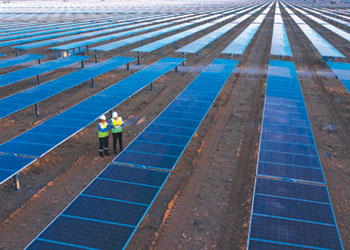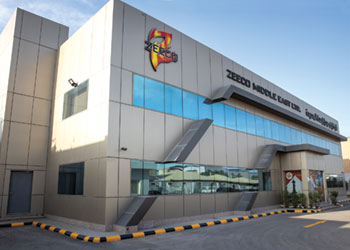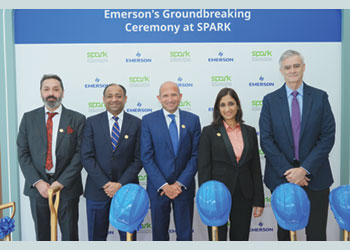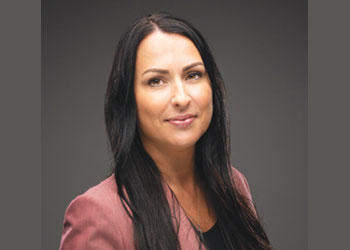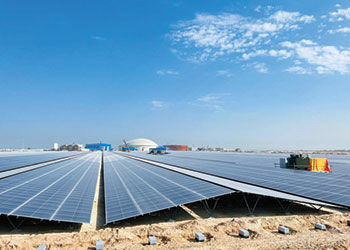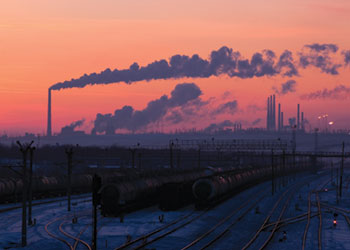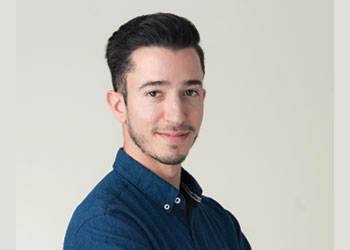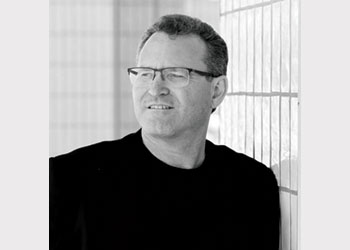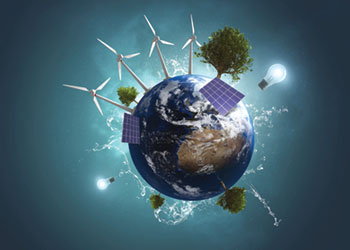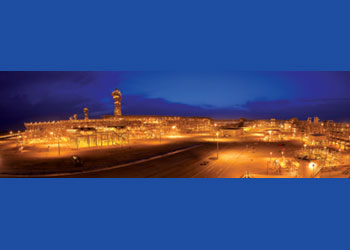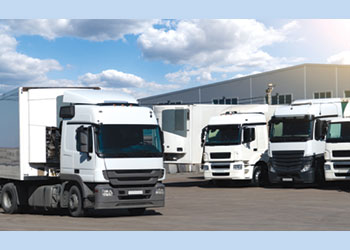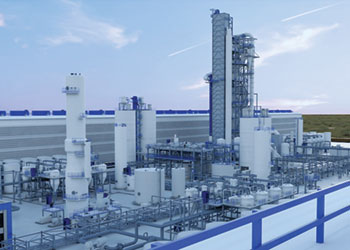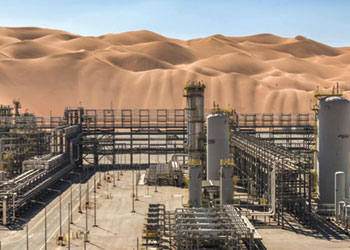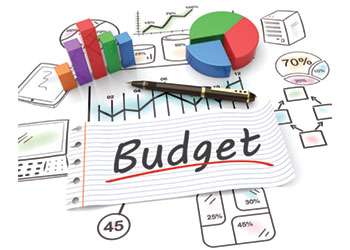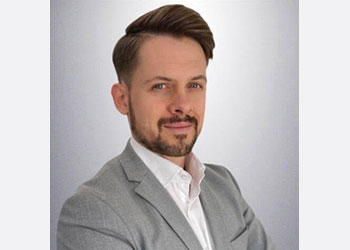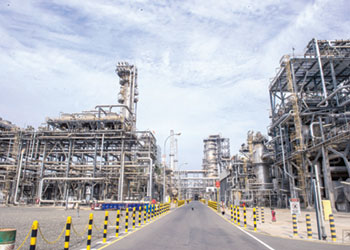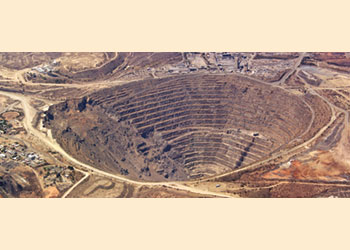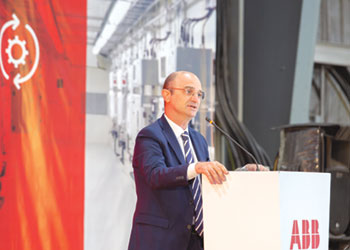
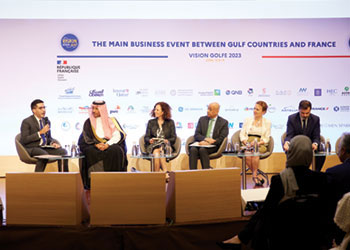 Al Khorayef, second from left, and AlBudaiwi, fourth from left at Vision Golfe in Paris
Al Khorayef, second from left, and AlBudaiwi, fourth from left at Vision Golfe in Paris
The GCC has proven to be a reliable international partner with no hidden agendas, and its role internationally and regionally is crucial, but ambiguities on the European side need to be cleared
With France and GCC planning to boost investments through partnership agreements and co-investment programmes, leaders from both sides have laid emphasis on the importance of security, reliability, and low carbon technology investments for sustainable energy supply.
Leaders, especially from the GCC, have also stressed the need for transparency, enhanced trade regulations, and collaboration in energy production and transmission, highlighting the critical role of coordination in achieving these goals.
France is enhancing its economic ties with GCC countries, with exports to these countries increasing by 23 per cent in 2022 to €10.9 billion ($11.8 billion).
It is the fourth largest exporter in the European Union (EU) to GCC countries, with Saudi Arabia and the UAE receiving nearly 80 per cent of its exports, according Business France, – the national agency supporting the development of the French economy.
Additionally, France plans to increase investments from GCC countries in the coming years through partnership agreements and co-investment programmes.
In July 2022, France and the UAE signed a global strategic partnership agreement on energy cooperation, focusing on hydrogen, renewable energies, and nuclear energy.
Meanwhile, the Saudi Vision 2030 offers opportunities for French businesses in transport, energy, and tourism sectors.
RELATIONSHIP COMPLEXITIES
To further strengthen trade relations between France and the GCC region in various sectors, including energy, Business France launched the first edition of Vision Golfe in June this year in Paris.
The event, patronised by the French government, brought together leaders from the French and GCC public and private sectors to explore collaboration and investment in the region through panel discussions and B2B meetings.
At a panel discussions, titled ‘Geopolitics of Today: The New Business Dynamics in an Era of Uncertainty and Global Challenges’, GCC leaders highlighted the complexity of the relationship between France and the GCC nations.
Jasem Mohamed AlBudaiwI, Secretary General of the Gulf Cooperation Council (GCC), said: 'We have France’s relationship with the GCC (as a whole) as well as each country (separately), and then the EU’s with the GCC. These are interconnected, and while the GCC is involved with the international community as a whole, France cannot be involved with the GCC unless it comes through the EU.'
He gave the example of any FTA with France that has to come through the EU.
In the GCC’s case, he said as it was involved with international community as a whole.
AlBudaiwI explained: 'Our plan for economic integration involves four major elements: a railway project connecting all GCC countries and aiming to finish by 2026; an interconnected power grid; a customs union; and a common market. It is here that we demonstrate the GCC's unity and tell the international community that we are common market where you can come do to business.'
He further added that the Gulf countries have proven to be reliable international partners with no hidden agendas, and their role internationally and regionally is crucial. But then again there were ambiguities on the European side that need to be cleared.
An issue AlBudaiwi emphasised was the need for the European countries to expedite the visa application process for GCC nationals in order to facilitate trade and increase efficiency.
Meanwhile, Bandar Ibrahim Al Khorayef, Minister of Industry and Mineral Resources of Saudi Arabia, said there needs to be a change in the mindset of large countries, particularly regarding Saudi Arabia and the GCC, from a supplier, customer perspective to a partnership approach.
'This mindset shift will definitely mean a lot to those who want to come to Saudi Arabia and invest for the future and be part of what we are doing, understand it very well and challenge what we are doing, and work with us to improve that.'
Magali Cesana, Head of Bilateral Affairs, General Direction of French Treasury, said France is really committed to building a true partnership with each individual GCC country and the GCC as a whole, and had in fact a special division to deal with the GCC countries.
A challenge she said both France and the GCC had to face together was sustainability. 'This means our way of living, producing and consuming, clean air, water, environment, renewable energy, livable climate, and a functional digital world—issues that are central to political and economic transformation today.'
Cesana said she sees these issues are at the centre of GCC’s political and economic transformation today.
ENERGY TRANSITION IN THE GCC
While stating that GCC’s climate contribution is crucial for global energy and economic, Marc-Antoine Eyl-Mazzega, Director, Energy and Climate Center, French Institute for International Relations (IFRI) said French energy companies willing to do business in the GCC were getting support.
'Nuclear energy and new energies play a key role in the energy mix. And so, we support French companies that in these sectors, not only exports but partnerships as well.'
On the importance of low carbon technology investments in the GCC, Eyl-Mazzega Mazzega said the region offered a lot of opportunities.
Hervé Maillart, Permanent Delegate for the Nuclear Sector, Comité Strategique de la Filière Nucléaire (CSFN), said energy transition will require a huge increase of low carbon energy in the next decades, adding that it’s easy to decarbonise electricity with solar and wind power, and nuclear and meet growing demand.
He said nuclear energy will be an important role in the energy future and also mentioned the UAE’s nuclear energy journey.
Nuclear energy in the GCC has taken off with the UAE’s Barakah Nuclear Energy Plant, which has three out of four units commercially operational, and the fourth unit recently starting its operational readiness phase.
The Barakah Plant is a major contributor to the UAE’s net-zero by 2050 goals, generating clean electricity around the clock, whilst preventing millions of tons of carbon emissions. The plant will provide up to 25 per cent of the UAE's electricity needs once fully operational.
Maillart said the UAE nuclear power plant was a good example of how French companies can collaborate in nuclear energy. He added there were numerous French companies taking part in the Barakah Plant project.
Brice Raisin, Vice-President, Heavy Duty Gas Turbine Sales, GE Gas Power Europe, Middle East and Africa, alluded to the energy trilemma of security, sustainability and affordability, and said everyone had to think about the roadmap with this trilemma in mind.
He commended how the GCC was handling the trilemma – by complementing renewable energy with gas is the right answer for energy transition.
Amalia Giannakikou, Head, Development and Investment (Europe) of Masdar, in panel discussion named titled as Gulf countries said the focus should be on collaboration and coordination rather than competition between companies. 'It's not just about production of energy but also transmission.
Further initiatives on green hydrogen and government support are essential for feeding the demand, she said.
In terms of collaboration with Europe, she said Masdar has announced to invest in 10 gigawatts (GW) worth of renewable projects in Egypt and then transporting that into Europe.
When talking about Masdar’s long-term and overall commitments, Giannakikou said Masdar has decided to increase its targeted capacity to five times more, or 100 GW by 2030. In addition it will invest in green hydrogen, targeting 1 million tons, by 2030.
When asked about digitalisation and energy supply, Nabil Al-Nuaim, Aramco Digital CEO and Aramco SVP Digital & IT, said: 'At Aramco one of the objectives of digital is really to strengthen Aramco's position on climate change.'
He suggested that the discussion about supply has many aspects. 'If we talk about supply, we have to talk about supply in the form of conventional energy, being the most secure most affordable energy. At the same time, we need to plan for the energy transition in other forms of new energy, such as renewables, hydrogen, etc, and also plan for low carbon solutions for the conventional energy.'



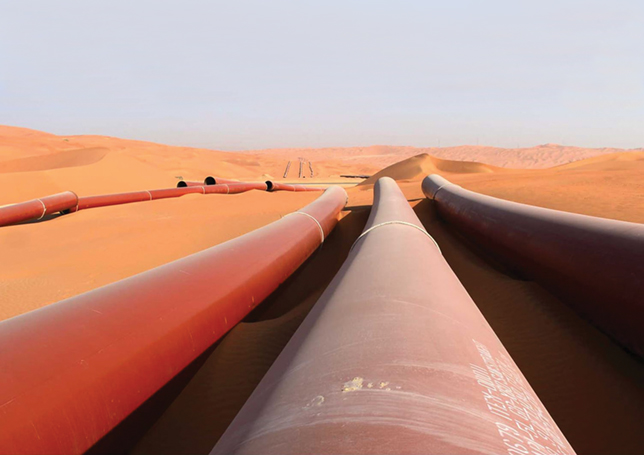
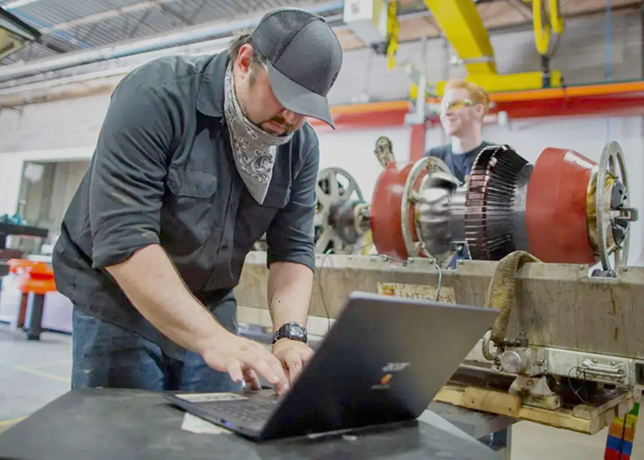

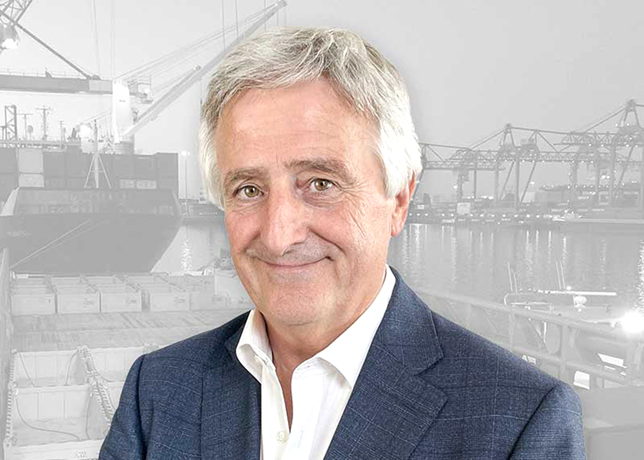
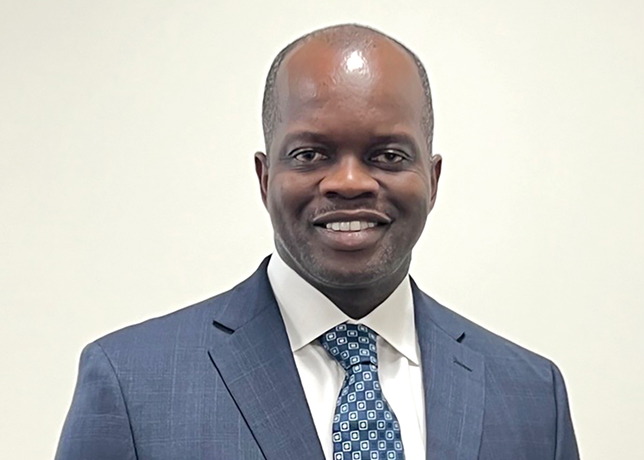
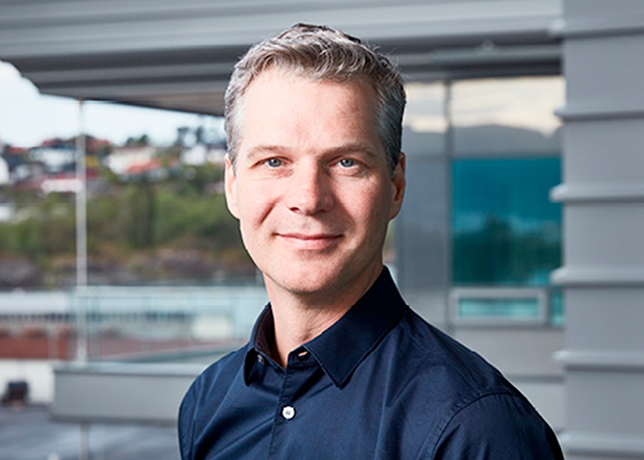
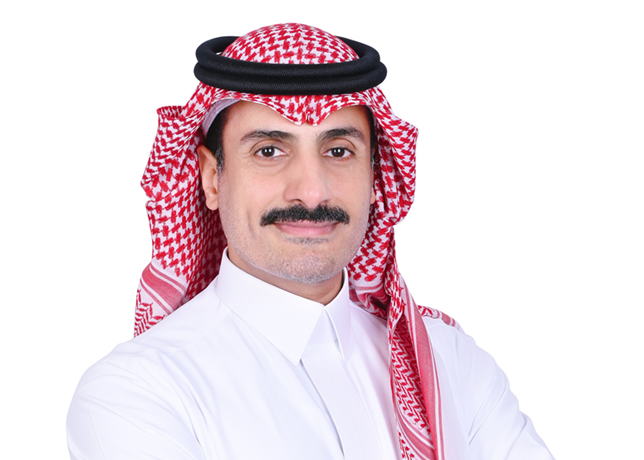
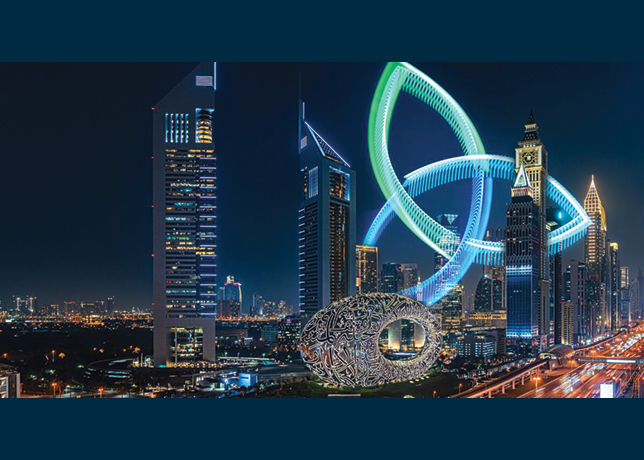
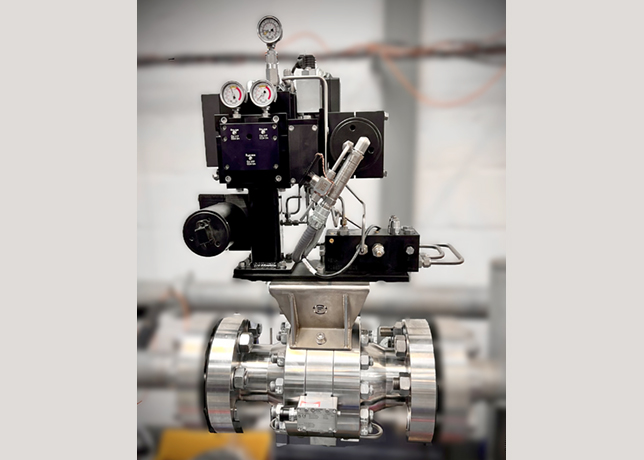
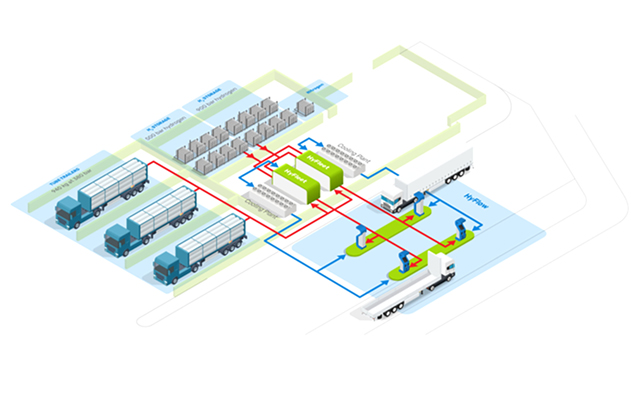
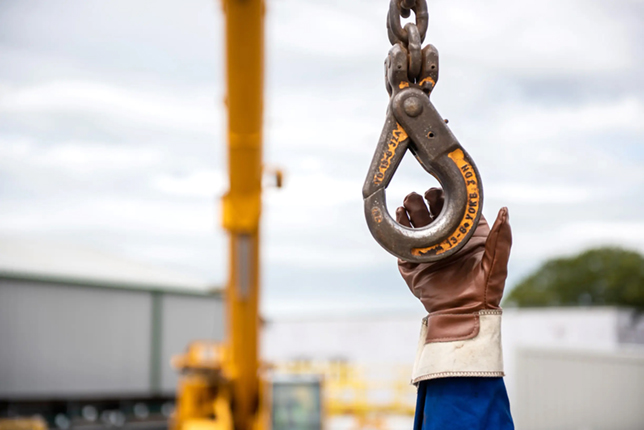
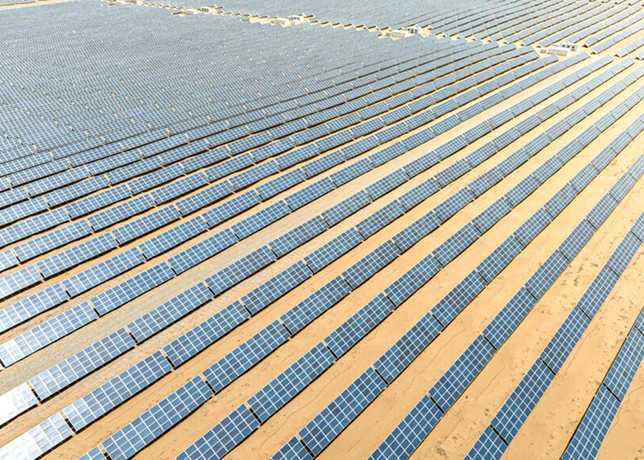
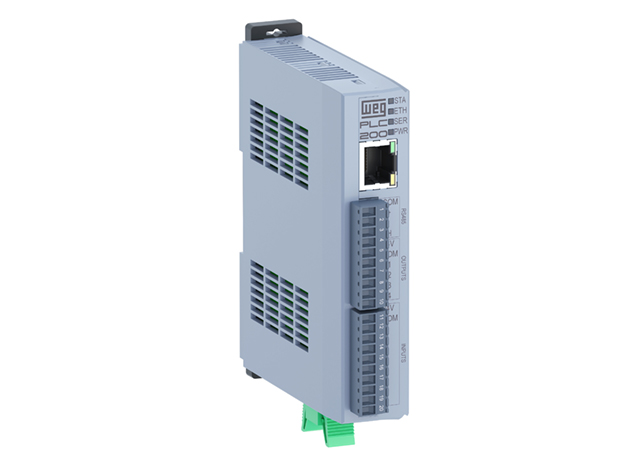
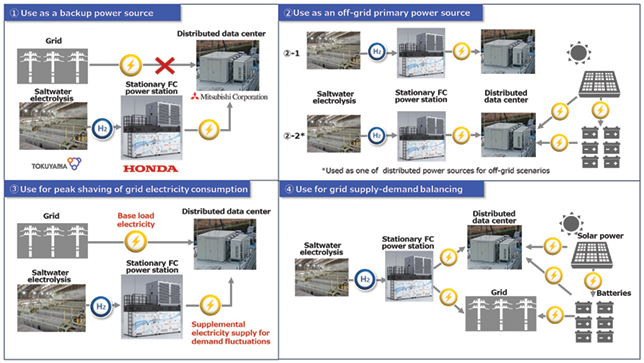
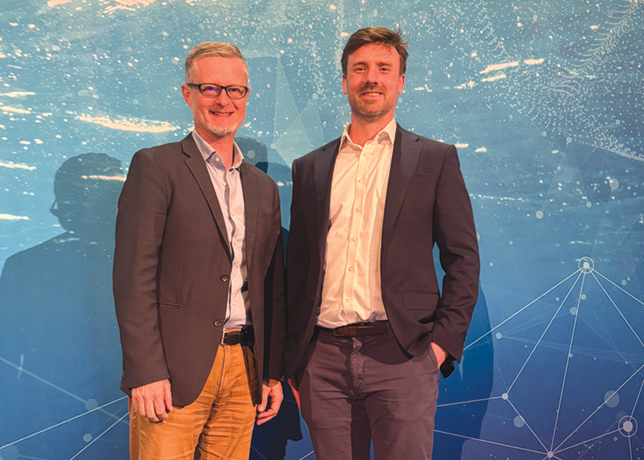
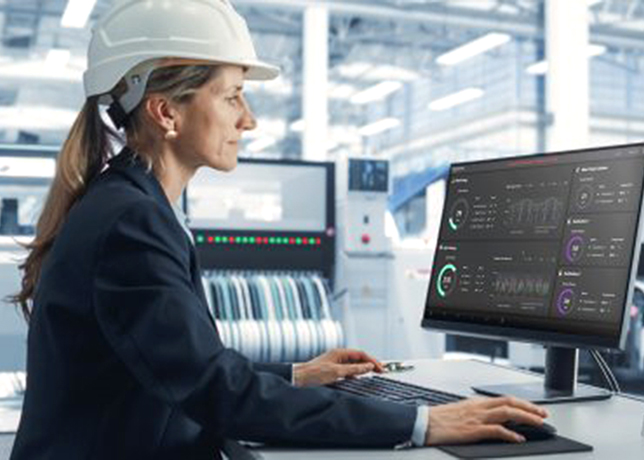
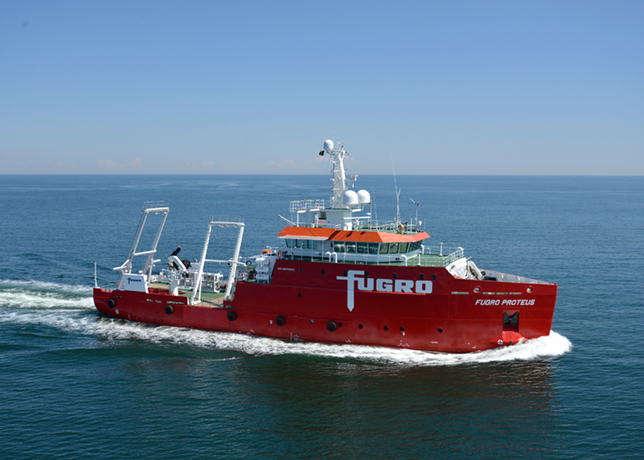
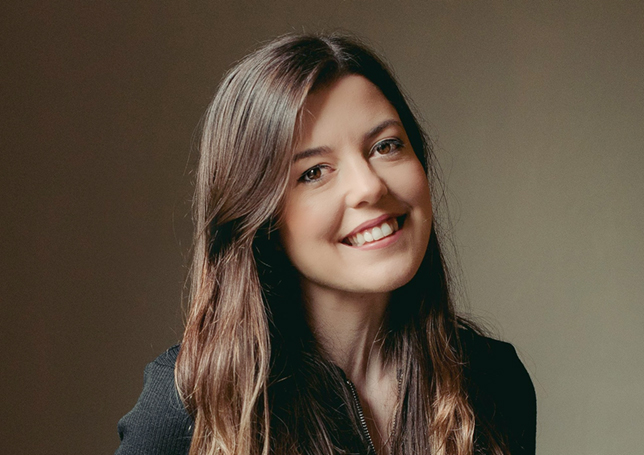
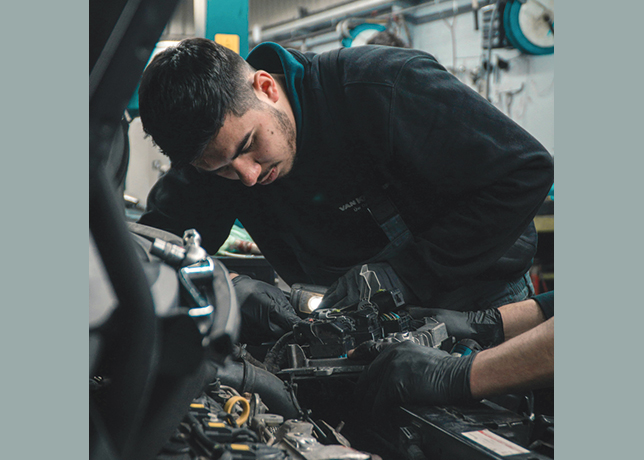
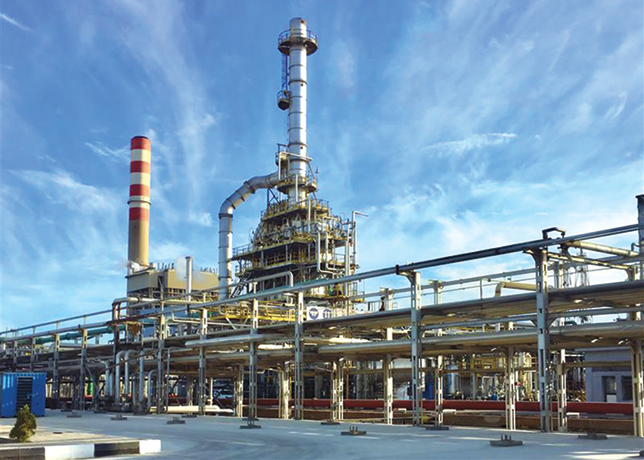
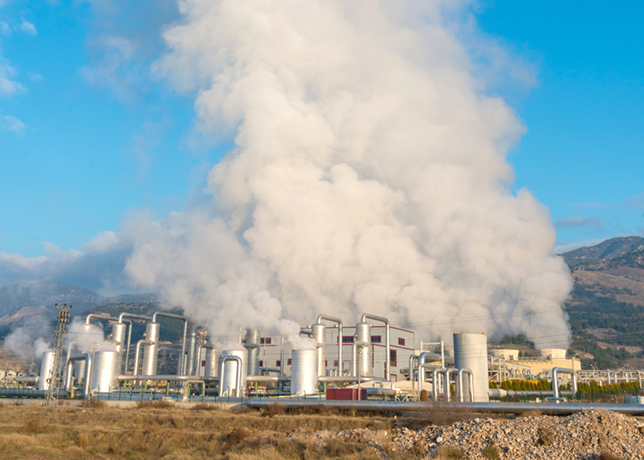
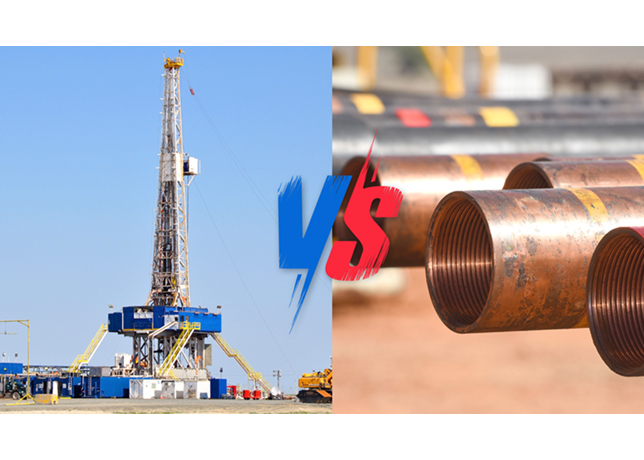
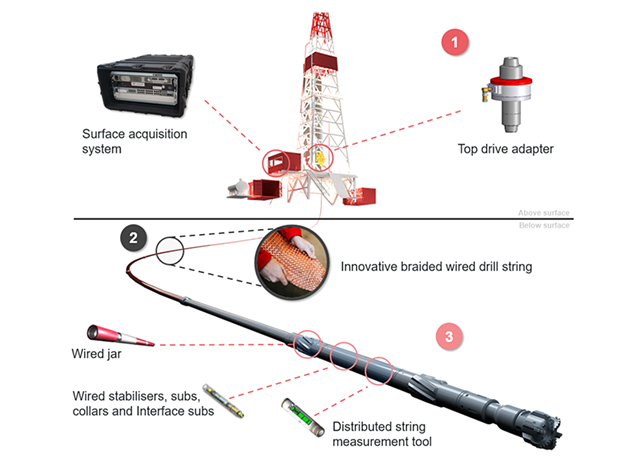
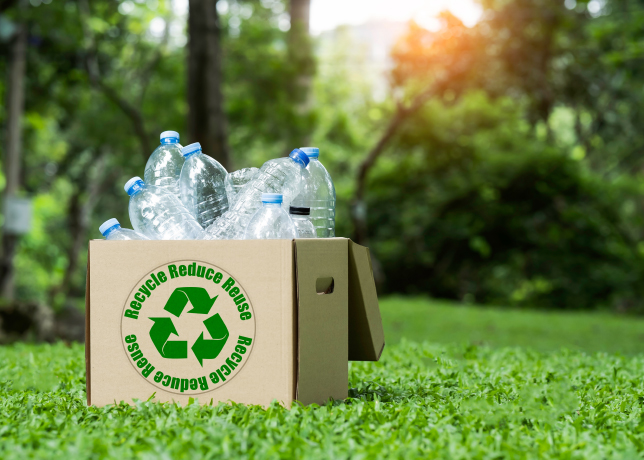
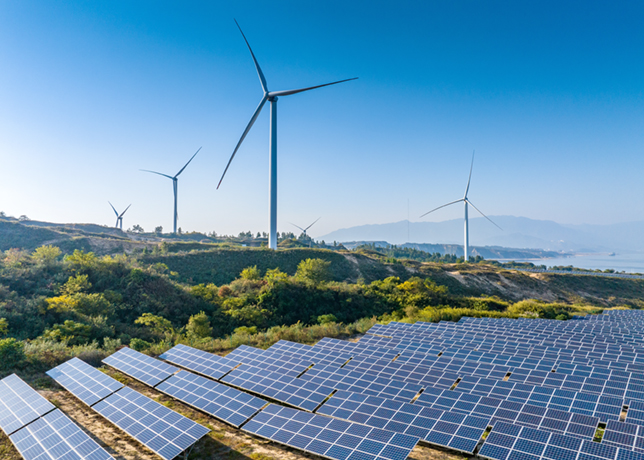
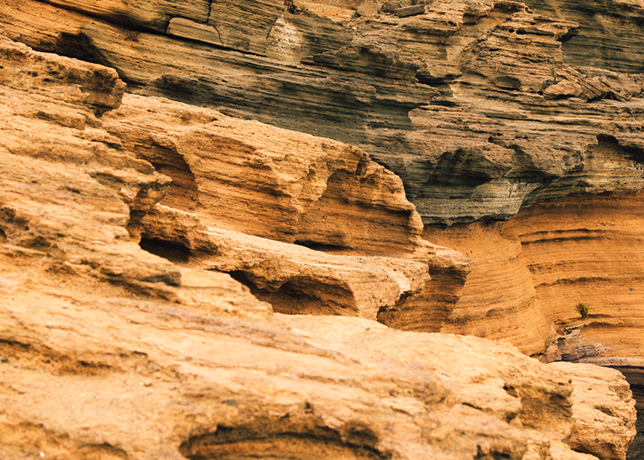
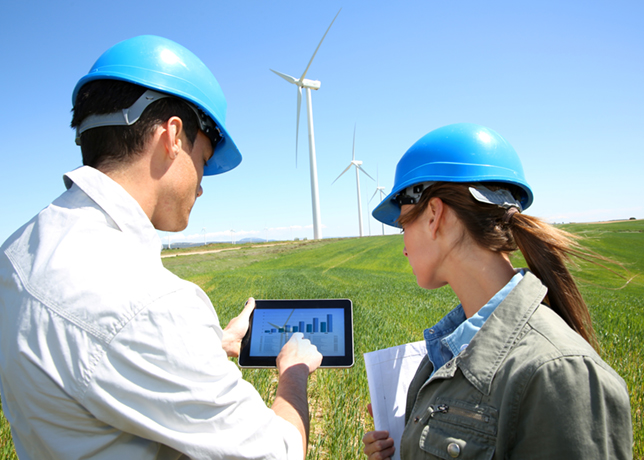
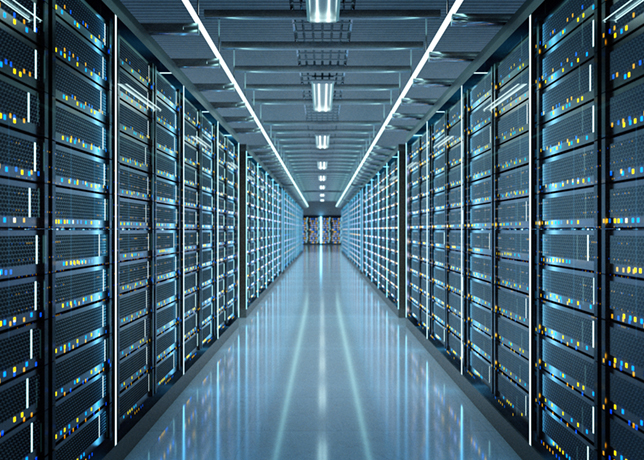

-is-one-of-the-world.jpg)
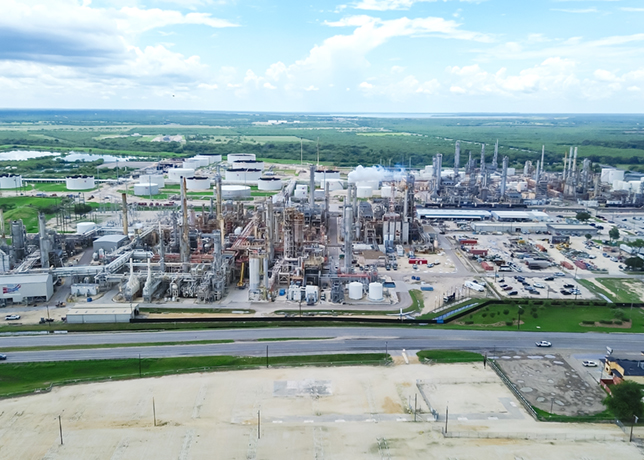
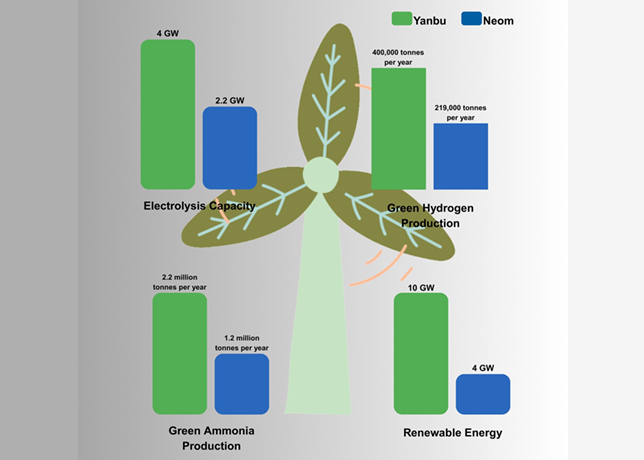
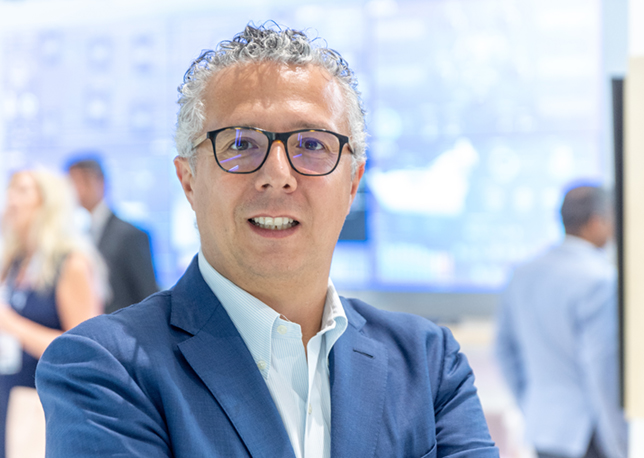
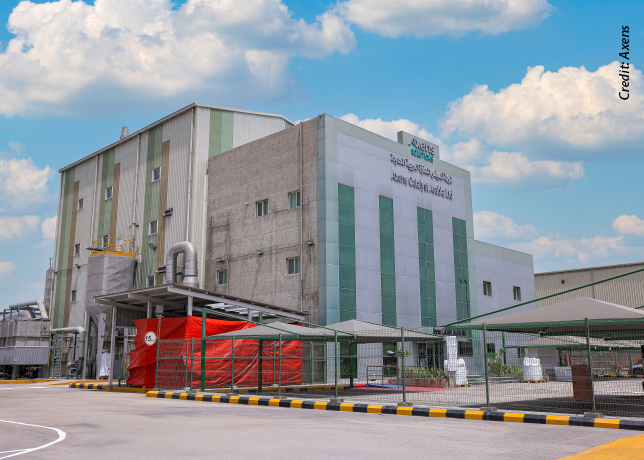
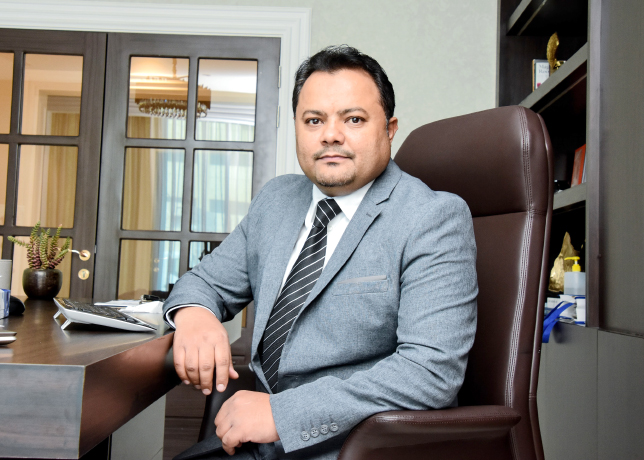
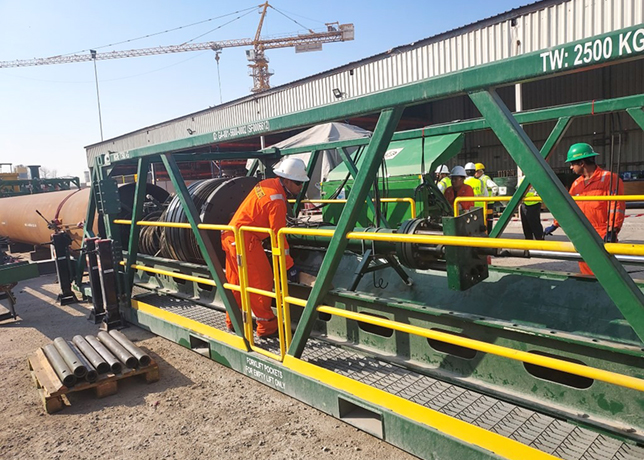
-(4)-caption-in-text.jpg)
